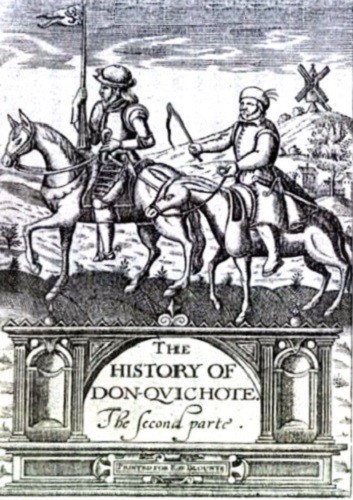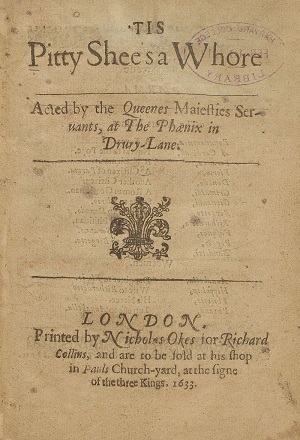Interrupted Ideas: An Early Modern Virtual Colloquium 2020
Posted on 19 August 2020

This colloquium was conceived with the idea of bringing together early modernists in different stages of their research who had prepared something to be presented during summer but were not able to do so due to COVID-19. Thanks to the virtual nature of the event, we welcomed 10 researchers from different backgrounds to discuss a wide variety of aspects of early modern History and Literature through the lens of different theoretical approaches.
The first panel was dedicated to politics and institutions during the late sixteenth century and early seventeenth century. Jess Ayres (York) was the first speaker, who talked about the legal and financial roles of women in the Court of Orphans. The following speaker, Rosie Cousins (Leeds) argued that diplomat and advisor William Davison played a unique role in Elizabethan polity which has been widely overlooked due to his controversial political opinions.
After a rich discussion led by the 20 assistants from all over the globe, we had a short break and continued with the second panel, which discussed Gender and Physicality. Here we welcomed Dr. Katarzyna Burzyńska (Adam Mickiewicz University, Poland) and Juliana Beykirch (Newcastle). Dr. Burzyńska analysed the play Tis Pity She’s a Whore by John Ford. Through feminist criticism, Dr. Burzyńska argued that this play provides an insight into early modern ideas about pregnancy, as it is also central to the plot development of the play by allowing one of the main characters to become a tragic heroine. On the other hand, Juliana Beykirch talked about the second part of The Rover by Aphra Behn. With help of monster theory, Beykirch argues that Behn comments on Restoration gender norms, abnormal sexuality and social structures.

Title page from Tis Pitty Shee's a Whore, acted by the Queenes Maiesties Seruants, at The Phoenix in Drury-lane, by John Ford (1586 – c.1640). London,
The second day began with a session focused on music, language and drama. The first speaker of the day, Shirley Bell (Sheffield Hallam), opened the panel talking about ballads in Ben Jonson’s The Staple of News (1631) and, through lyrics, she reflects on the role of music and its communicative function in seventeenth-century theatre. Then, Aleksandra Buhl Thostrup (York) discussed the role of commonplaces in Thomas Shelton’s 1612 Translation of The Historie of Don Quixote and how Cervantes exploits literary modes to criticise contemporary models of reading. Finally, Hannah Straw (Warwick) closed this panel with a presentation on how through visual, textual and physical scandalous performances, the aristocratic literary coterie of Restoration London known as the Court of Wits created an identity.
Feature image: Cover of Thomas Shelton's 1620 translation of Don Quixote
